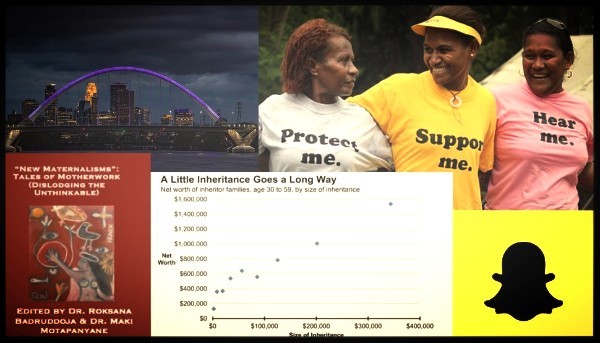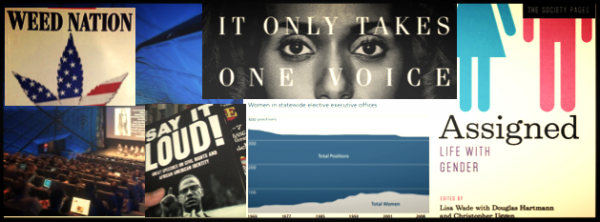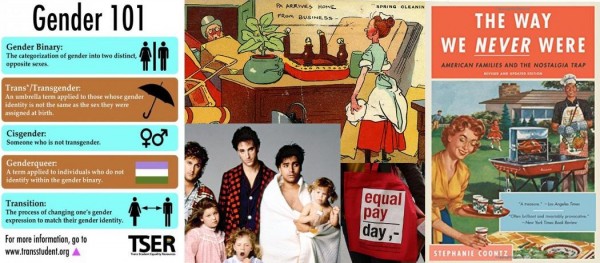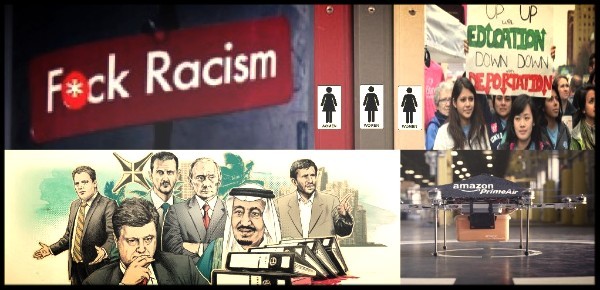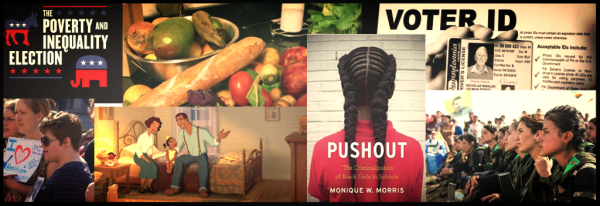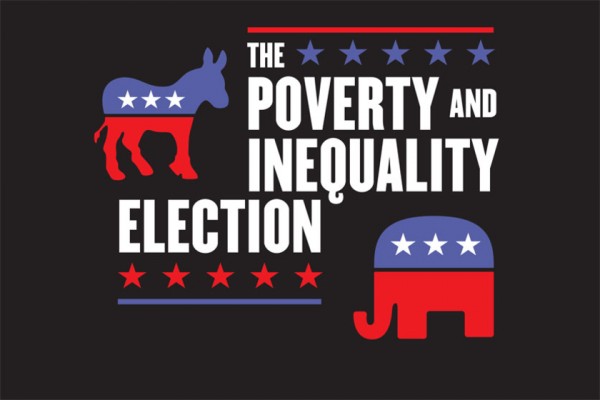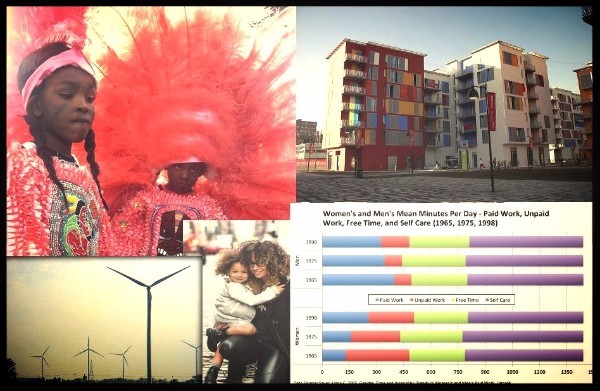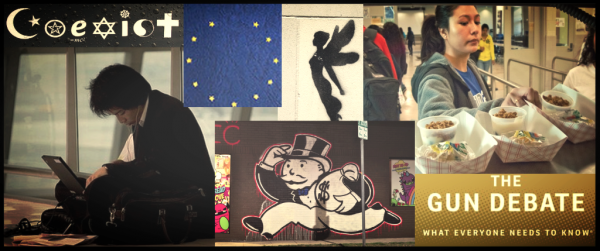
Hello, everyone, and happy summer! Things have been heating up at TSP headquarters, and we’re back with a look at the latest in social science research. Our team is also gearing up for ASA 2016 next month, and we hope to see many of you there!
Discoveries
“Faith in Fellow Citizens” by Evan Stewart. New research from Daniel Olson and Miao Li finds the relationship between religiosity and trust across nations isn’t quite what we would expect.
White Papers
“Striking Goals for Pay and Prize Parity in Sport” Equal pay for equal play? Cheryl Cooky reviews the research on gender inequality in professional sports.
Clippings
“Counseling Callbacks Skewed by Race, Class, and Gender” by Neeraj Rajasekar. Heather Kugelmass talks to The Atlantic about inequality in therapy.
“Swipe Right for Sociology” by Kat Albrecht. Jessica Carbino talks Tinder and the sociology behind the swipes for Los Angeles Magazine.
“The ‘Model Minority’ Is a Harmful Stereotype, Too” by Neeraj Rajasekar. Adia Harvey Wingfield explains how excellence can isolate in The Atlantic.
There’s Research on That!
“Affirmative Action, College Admissions, and the Debunked ‘Mismatch’ Hypothesis” by Neeraj Rajasekar. In light of the Supreme Court’s decision in Fisher v. University of Texas-Austin, research shows Affirmative Action helps, not hurts, racial minority groups.
“The Point of Unicorns” by Neeraj Rajasekar. Remember that prehistoric “Siberian Unicorn” discovered earlier this year? While archeologists comb the fossil record, sociologists are unpacking all our other paranormal beliefs.
From Our Partners:
Scholars Strategy Network
How To Break America’s Logjam on Guns and Gun Violence by Philip J. Cook and Kristin Goss
Challenges and Opportunities for Efforts To Build Academic Ties Between the United States and Mexico by Beverly Barrett
How the Reproductive Justice Movement Benefits Latinas by Rocio Garcia
Why Regulation Is Necessary and Proper for a Well-Functioning Democracy and Market Economy by Michael Lipsky
Stabilization and Equity—Responses to Urban Fiscal Crisis In Flint, Michigan, and Beyond by Ashley E. Nickels
Why the Time Is Right To Expand the National School Lunch Program To Higher Education by Sara Goldrick-Rab, Katharine Broton, and Emily Brunjes Colo
Why There Are No Quick Economic Fixes for Women in Developing Countries by Barbara J. Risman and William J. Scarborough
Contexts
Letta Page and Syed Ali review Modern Romance by Aziz Ansari and Eric Klinenberg
Sarah Halpern-Meekin, Laura Tach, Kathryn Edin, and Jennifer Sykes explain how the Earned Income Tax Credit is a hand up for lower-income families
Paula England and Eliza Brown ask who has how many sexual partners and whether those patterns vary by sexual orientation
Council on Contemporary Families
“A Reversal in Predictors of Sexual Frequency and Satisfaction in Marriage” by Sharon Sassler
“‘Daddy’s Home!’ Increasing Men’s use of Paternity Leave” by Ankita Patnaik
“New Work: How the Childfree Decide” by Braxton Jones
“What Helps Women Entrepreneurs Flourish?” by Sarah Thébaud
And a Few From the Community Pages:
- Cyborgology has a great suite of posts on race and media from Apryl Williams,
Jenny Davis, and David Banks [SPOILER ALERT]. Britney Summit-Gil talks censorship allegations on Reddit and Sunny Moraine examines why “PBS viewers in the DC metro area were outraged to be reminded of the fact that they were watching television.” - Sociological Images gets political, looking at support for Trump, Brexit, and the Democrats’ sit-in for gun control.
- Feminist Reflections looks at TRAP laws that limit access to abortion in the wake of the Supreme Court’s recent decision and parents googling to see if their kids are gay.

